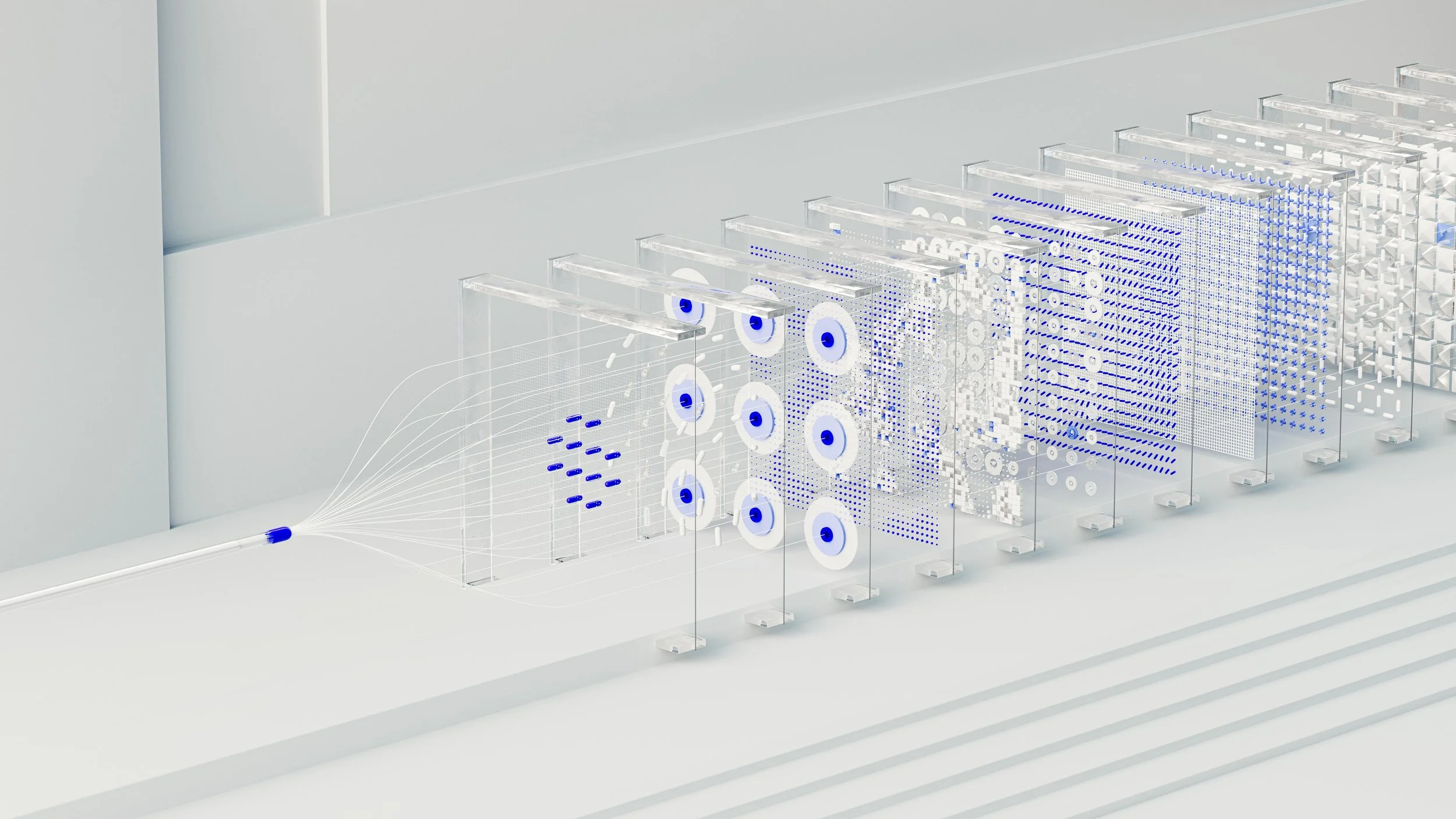MIT Study Suggests AI Disruption May Happen Slower and Less Dramatically Than Expected
A new research study from MIT's Computer Science and Artificial Intelligence Laboratory (CSAIL) challenges some standard predictions about the impact of AI on jobs and economies. Contrary to estimates that AI could automate a significant portion of the labour market, the MIT researchers found that most jobs previously identified as at risk of AI displacement are not currently "economically beneficial" to automate.
The study focused on jobs requiring visual analysis, such as inspecting products for quality at the end of a manufacturing line. The researchers surveyed workers to understand what tasks an AI system would need to accomplish to replace their jobs entirely. They then modelled the cost of building an AI system capable of performing these tasks and assessed whether businesses would be willing to pay for such a system.
The key takeaway from the study is that the disruption caused by AI might happen more slowly and be less dramatic than some predictions suggest.
The researchers found that, for tasks involving visual analysis, only 23% of wages paid to humans for these tasks would be economically attractive to automate with AI. The study suggests that humans remain the better economic choice for performing these parts of jobs.
However, the study has limitations, such as not considering cases where AI can augment human labour or create new tasks and jobs. It also does not account for all possible cost savings from pre-trained models like the GPT-4. The researchers acknowledge these limitations and emphasise the importance of preparing for AI job automation while recognising that the process will unfold over years or even decades.
The MIT-IBM Watson AI Lab supported the study, but the researchers insist that their findings are unaffected by outside pressures and are the result of a thorough investigation of AI's effects on jobs.

